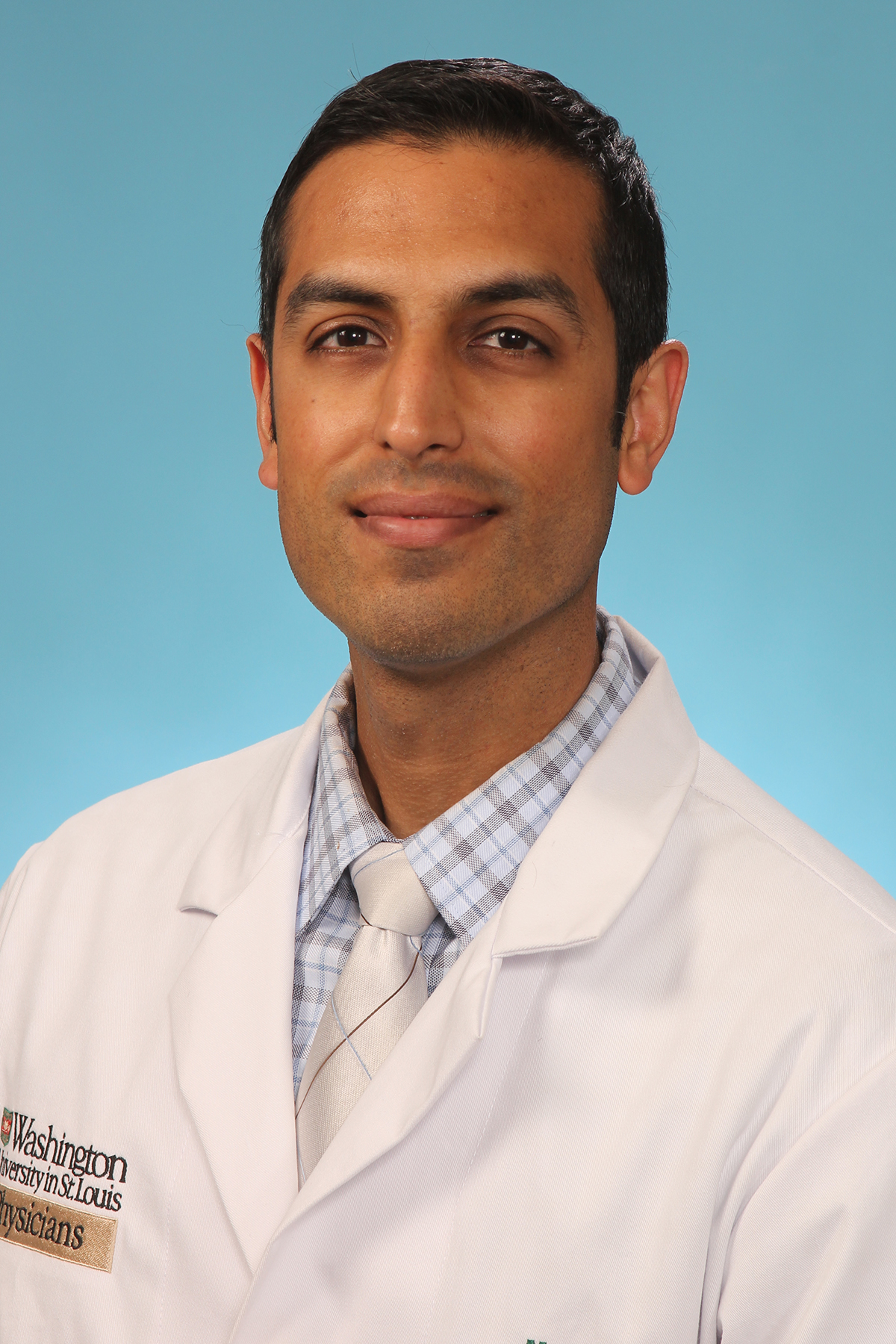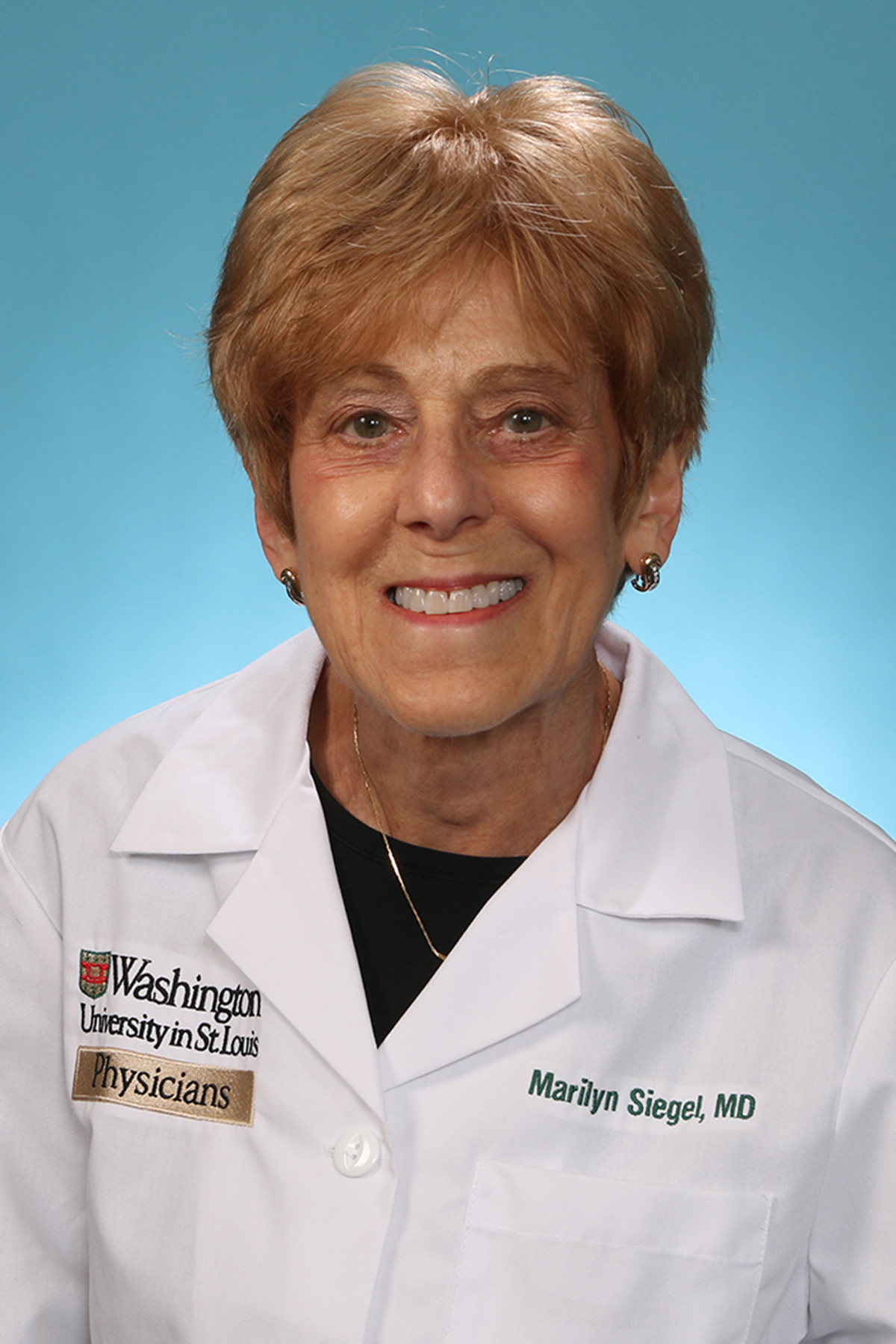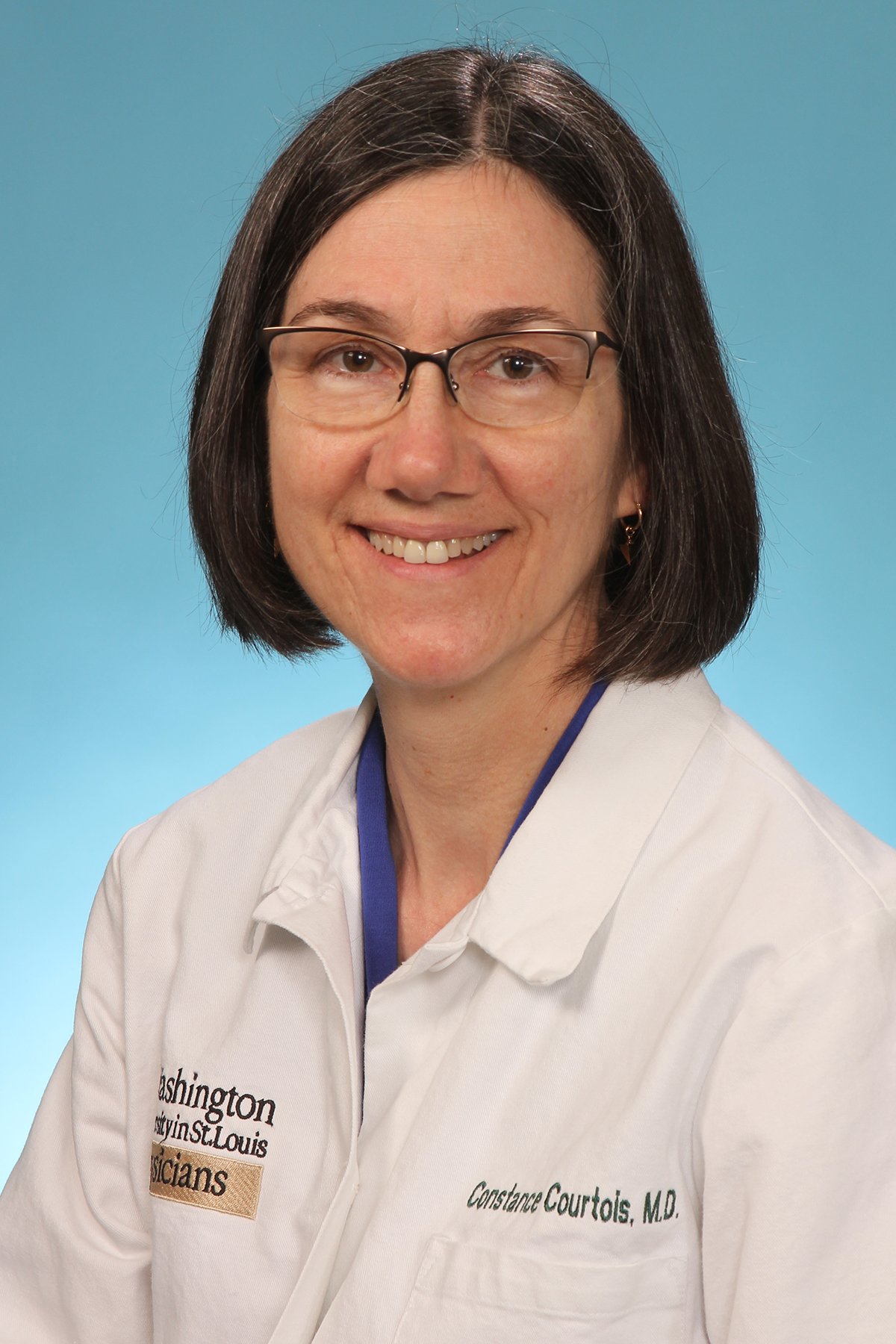insearchofwisdom
Full Member
- Joined
- Jan 4, 2020
- Messages
- 33
- Reaction score
- 33
Hello, I am currently an internal medicine subspecialist and have been an attending for 3.5 years. I am quite unfulfilled at my job, physically/mentally/emotionally worn out. I have been trying to pay close attention to what is making me feel this way because hard work is not something I have trouble with and have come to really identify it's patient interactions/expectations. If I'm honest with myself, in hindsight, I've been burned out since right after intern year and have not really enjoyed talking to patients. I thought residency and fellowship and being a new attending were "supposed to" feel like this but I'm realizing I think I'm ignoring a problem that's very real. I love talking to people but I can't stand person after person complaining 90% of the time and dealing with their entitlement/anger/depression/anxiety/noncompliance. It's exhausting and I'm not well-suited for it.
I have been contemplating a switch to radiology because I still love the medicine part of things and thrive on discovery/diagnosis/anatomy. I know that means a 4 year residency +?fellowship, a pay cut, and tremendous delay in actually working. I did shadow a radiologist recently and was amazed at how calming the work was. Not to say there isn't stress involved, but being able to provide clinical care without dealing with all the emotions was so freeing.
Do you think this is crazy? Has anyone ever heard of anyone else switching to radiology as an attending? Is this "grass is greener" syndrome? Please enlighten me on what I don't know about radiology.
Thank you.
I have been contemplating a switch to radiology because I still love the medicine part of things and thrive on discovery/diagnosis/anatomy. I know that means a 4 year residency +?fellowship, a pay cut, and tremendous delay in actually working. I did shadow a radiologist recently and was amazed at how calming the work was. Not to say there isn't stress involved, but being able to provide clinical care without dealing with all the emotions was so freeing.
Do you think this is crazy? Has anyone ever heard of anyone else switching to radiology as an attending? Is this "grass is greener" syndrome? Please enlighten me on what I don't know about radiology.
Thank you.



